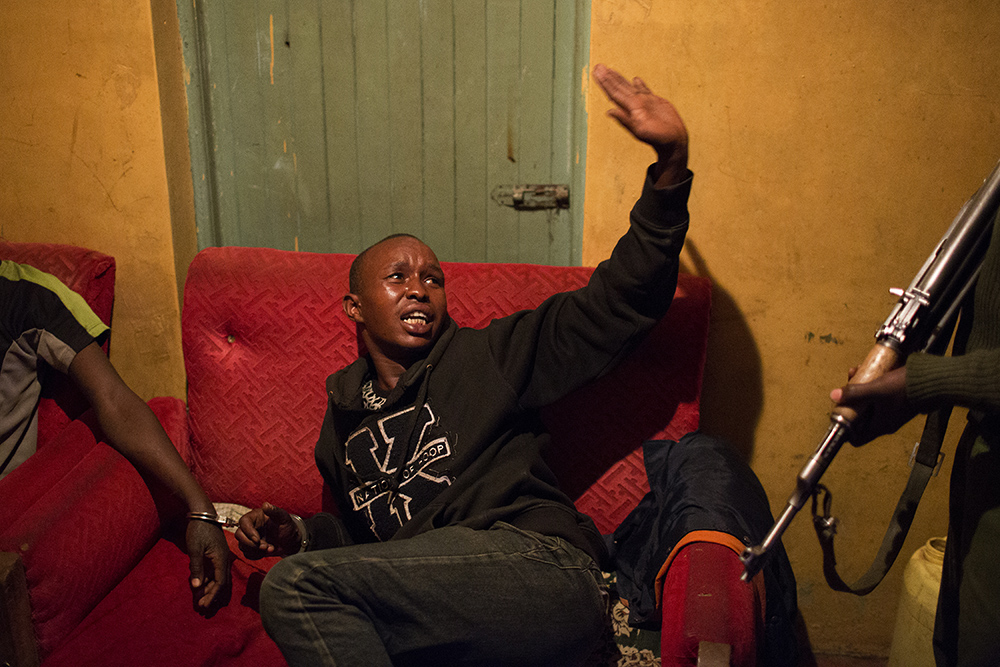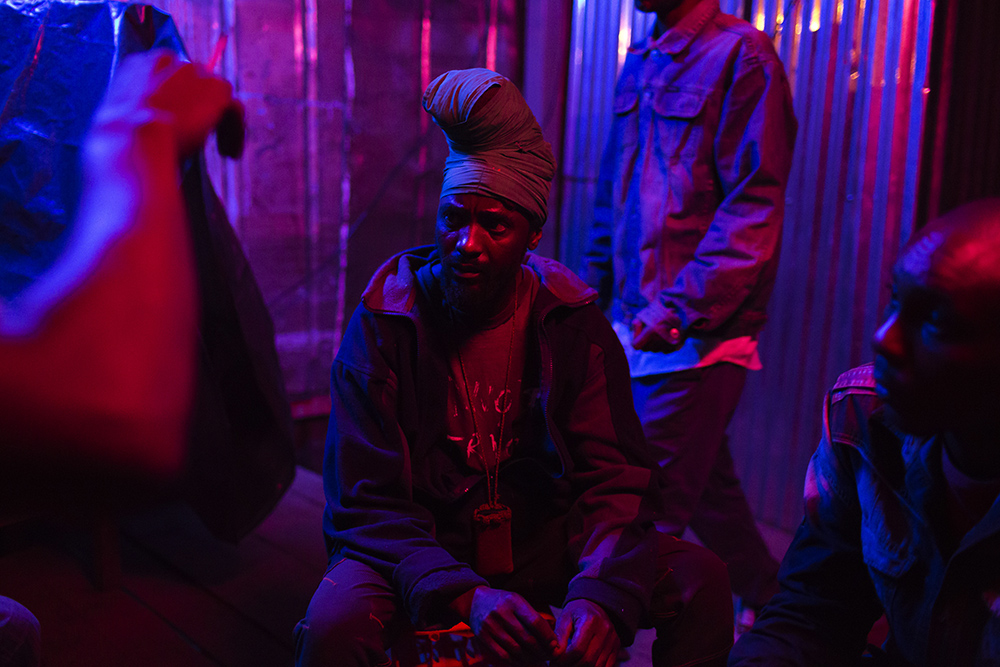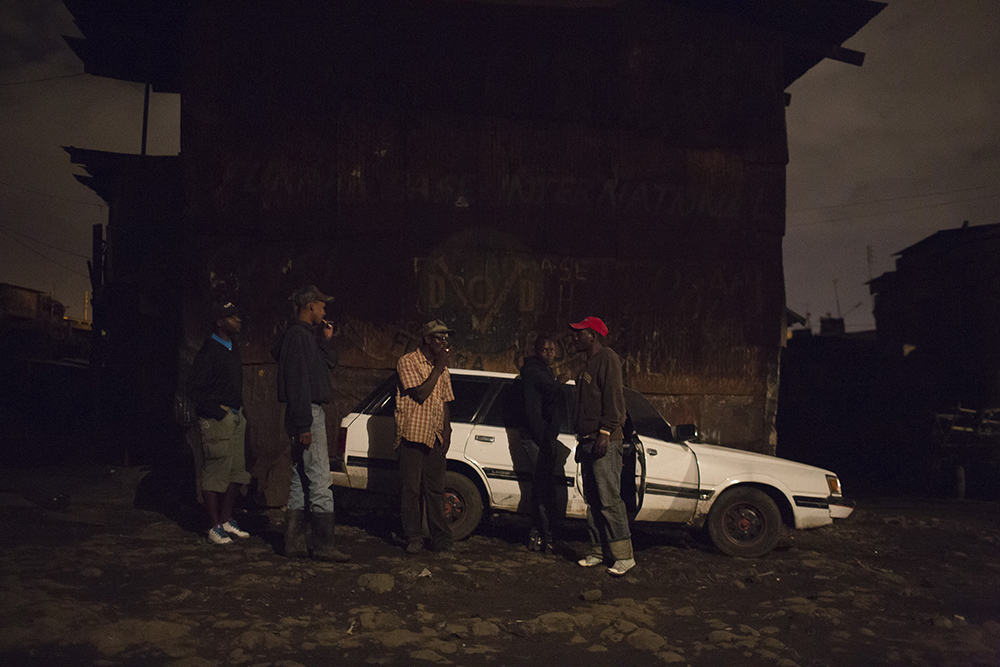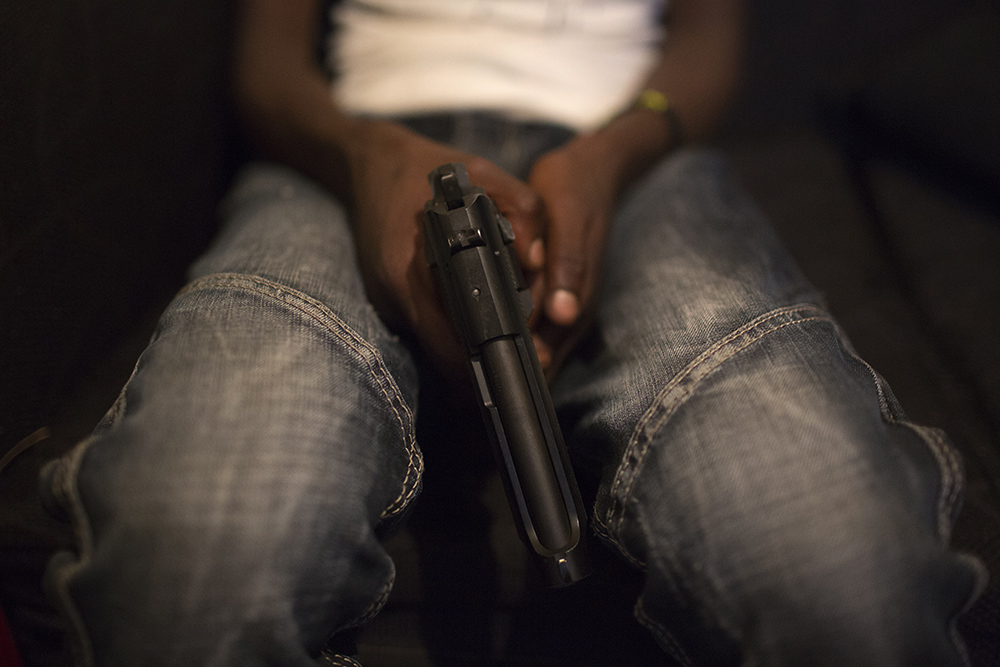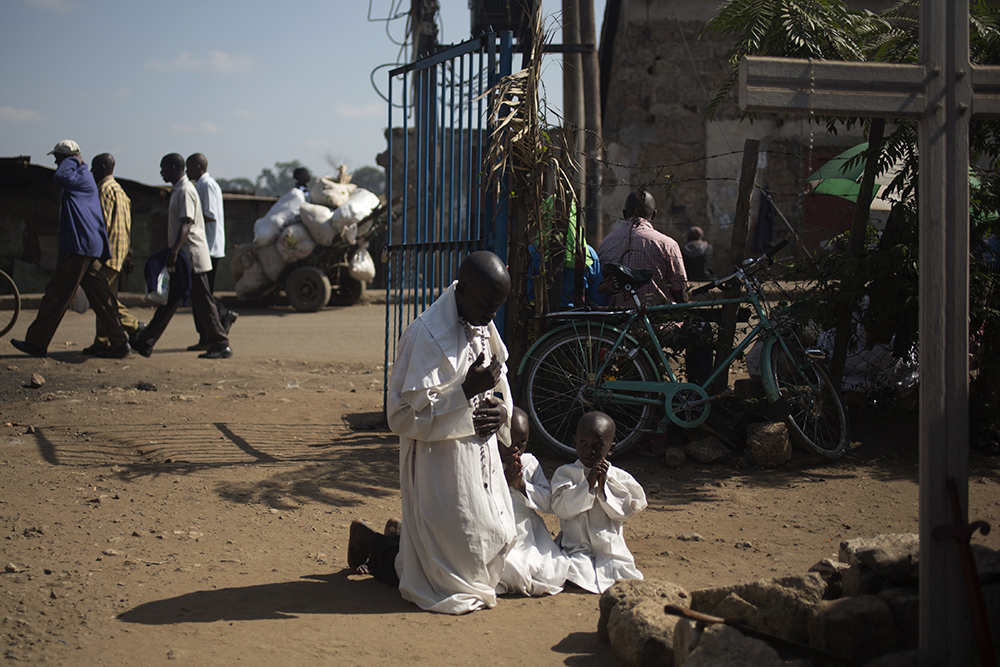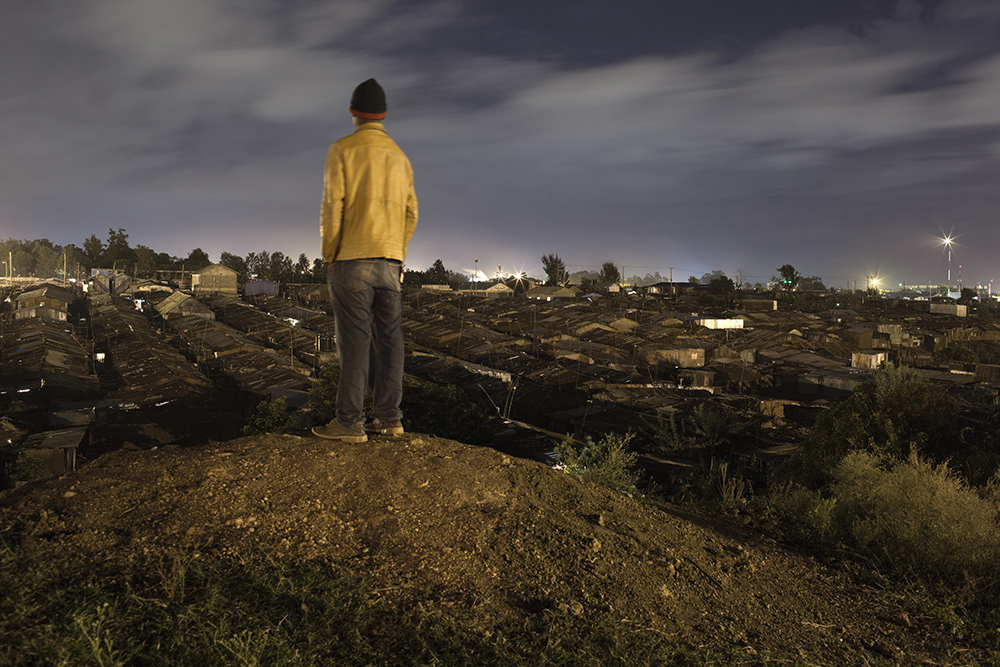A struggle amid poverty and crime
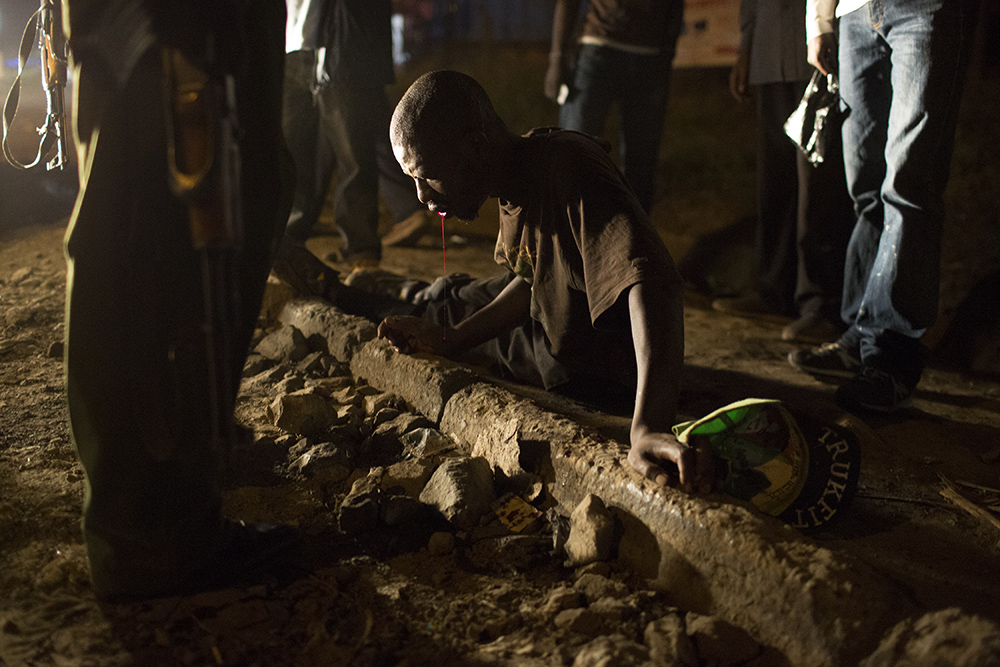
-
PhotographerSiegfried Modola
Around 2 million people have made their homes in the shantytowns packed in around Kenya’s capital - Korogocho, its bigger, equally infamous near neighbours Mathare, Mukuru kwa Njenga, Kibera and others. The neighbourhoods are bustling and bursting with energy. Churches are packed, young men hang out at neighbourhood gyms and friends gather at roadside stalls serving chicken. But crime and unemployment are high. Basic services and sanitation are scarce. People in ramshackle dwellings of wood and corrugated iron describe a daily struggle to eke out a living. Some turn to prostitution and other crimes. Many Kenyans complain about how police deal with the public, so crimes often go unreported and relations with officers are strained. Police officials insist the force investigates reported complaints and reports of corruption, while officers on the ground say they are exposed to violent crime on a regular basis. Four policemen have died in shoot-outs in the past two years, says one officer on a night patrol in Korogocho, Dandora and Makadara, declining to give his name. “We need to be tough or the situation will get out of control ... Every week there is a shooting, a robbery, and a murder. Every second day some criminal here commits a serious crime.†But residents say it is they, not the officers who face the brunt of the violence. One Korogocho man says his 20-year-old son was killed during a police operation last year. The government has urged residents to report corrupt or violent police officers. But the man asks not to be named for fear of reprisals. Drug and alcohol addiction is a common problem. An illegal brew called Chang'aa is prepared over open fires in oil drums in Mathare. In Huruma, Stanley and Saaid are heroin addicts. Stanley, 36, is a rubbish collector and Saaid, 32, gathers unused metal to sell for recycling.
